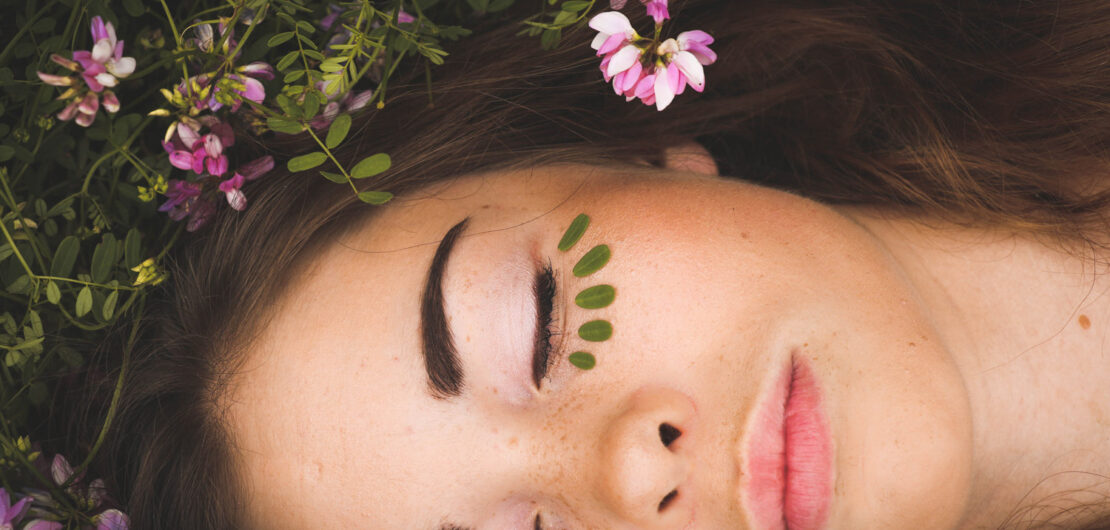
Sleep Disorders
(Reading time: 7 min)
WHAT IS INSOMNIA AND WHAT ARE THE SYMPTOMS?
Insomnia, also referred to as sleeplessness, is a sleep disorder in which people suffering from it have problems falling or staying asleep. As a consequence, they often wake up early in the morning, feeling tired, irritable and not refreshed by sleep. In the long-term insomnia invariably leads to fatigue, exhaustion, sleepiness, grumpiness as well as to issues with memory, focus and concentration.
Night sleep is a critical time for our brain and body to maintain, repair, restore, replenish and recover. Therefore, over time, insomnia can affect every aspect of health, wellness and longevity.
DO I HAVE CHRONIC INSOMNIA?
Insomnia can be acute, just being a brief, short-term issue, often relating to life circumstances (e.g. an interview the next day or working up to an exam). In most cases, acute insomnia resolves without treatment. However, insomnia can also be chronic in which case you should consult your physician. Insomnia is considered chronic if a person has insomnia at least 3 nights per week for a period of over three months.
WHAT ARE THE CAUSES OF INSOMNIA?
Insomnia can have a variety of causes. It can be of primary nature, meaning that the sleeping issues are not related to another health problem. Or it can be secondary, where the insomnia is caused by another health condition, e.g. pain, cancer, arthritis and / or related medication.
CAUSES FOR PRIMARY INSOMNIA CAN BE:
- Stress related to big life events (e.g. issues at work, redundancy, financial or health issues, notice of a severe illness, trauma due to the loss of a loved one, divorce, burnout)
- Disrupting the body’s circadian rhythm (e.g. shift work, work travel schedule, jet lag, working late)
- Environmental factors (e.g. noise, light, temperature)
- High stimuli before going to bed (social media, video games, movies, exercise)
- Use of stimulating substances (e.g. alcohol, cigarettes, coffee)
- Eating late

CAUSES FOR SECONDARY INSOMNIA CAN BE:
- Medical conditions, e.g. diabetes, asthma, high blood pressure, heart disease, endocrine issues
- Mental health issues, e.g. depression, anxiety, PTSD (Post Traumatic Stress Disorder)
- Medication
- Hormonal imbalances, e.g. during or after pregnancy or menopause

HOW CAN INSOMNIA BE TREATED?
The treatment of insomnia very much depends on its cause. Rapid Transformational Therapy (RTT™) can be a great alternative tool for the treatment of insomnia as it can help the body and the mind to relax, to let go of anxiety and worries. RTT™ is particularly useful to treat insomnia during pregnancy as it is gentle and does not require the use of medication. It is also very helpful as a way to re-establish a restorative sleep during menopause. It uses the benefits of hypnosis to go back to the very root cause of the insomnia.
RTT™ resolves unhelpful beliefs and replaces them with new, empowering and life affirming ones. It uses a powerful inspiring language that sparks the imagination. RTT™ is also a powerful way to let go of bad habits that stand in the way of having a refreshing, restorative sleep. It can help you start good and healthy habits.
Scientific studies support hypnotherapy as a positive influence on slow wave sleep (deep sleep) which plays a critical role in the optimal functioning of our immune system, our metabolism and our brain. Cordi, Schlarb & Rasch concluded that “hypnotic suggestions are an efficient tool to deepen sleep and strongly indicate that hypnotic suggestions might prove an efficient non-pharmacological tool with a lower risk of adverse side effects than pharmacological treatments to also deepen sleep in patients with sleep disturbances or in the elderly, thereby improving health and well-being.” (Sleep, Volume 37, Issue 6, 1 June 2014, Pages 1143–1152)
15 EASY TIPS TO BEAT INSOMNIA
There are many things you can do yourself to reduce insomnia without using sleeping pills and thereby avoiding their side effects. Please read my 15 easy tips to beat insomnia below. But please do not feel overwhelmed by it. Some tips are easier to implement than others. Just go step-by-step, choose one or two tips each week and integrate them into your life. You will be surprised by the difference this makes, not just on your sleep.
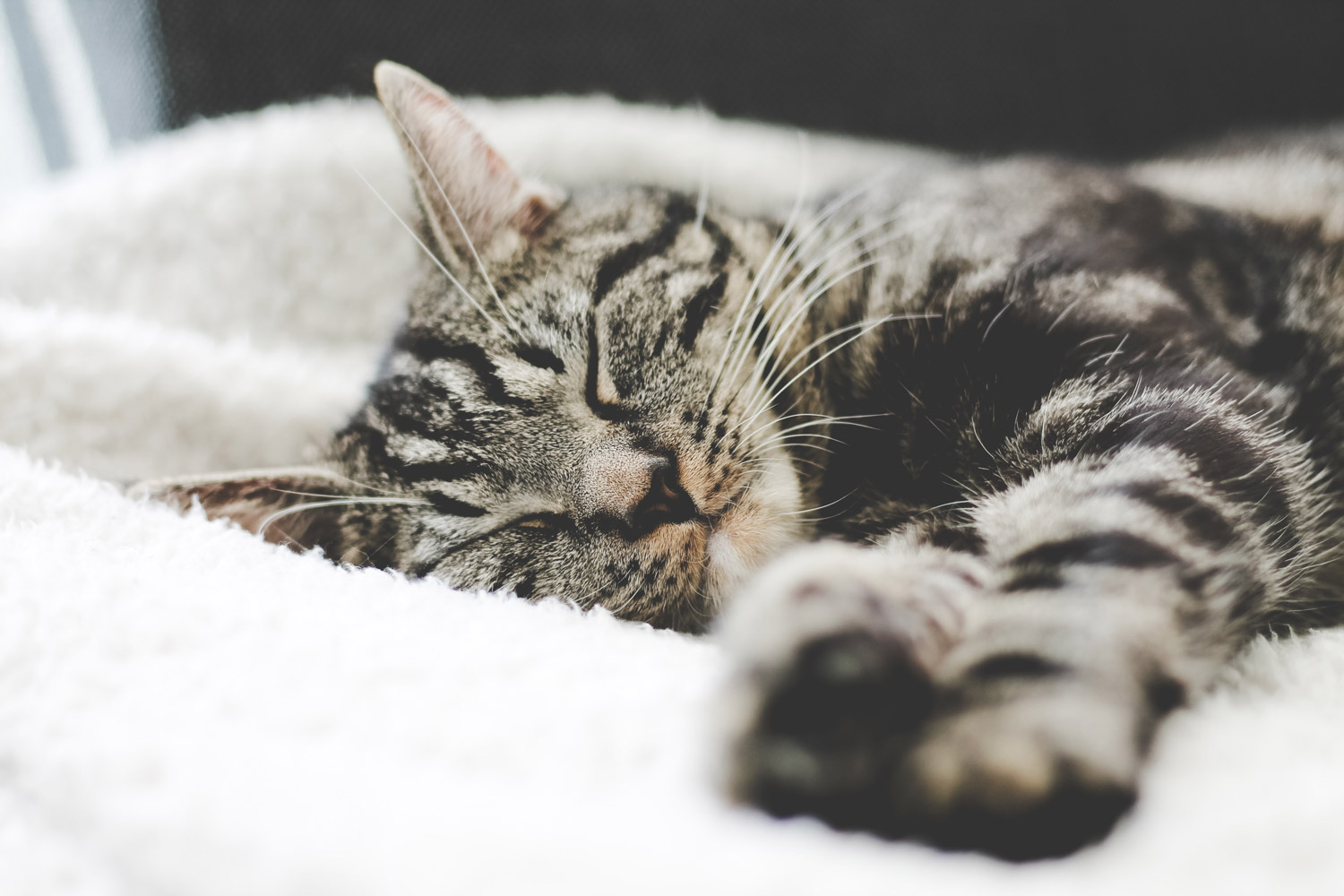
TIPS FOR SLEEPING:
- Wake up and go to bed at the same time each day. That also includes the weekends. We sleep in cycles. One sleep cycle normally takes about 90 minutes. It is recommended to have between 7.5-8 hours of sleep each day. Therefore, with 7.5 hours we get through 5 sleep cycles each night. So just calculate your bedtime based on your waking up time which is normally pre-determined by work, school or university. For example, if you have to get up at 7am your bedtime would be 11.30pm.
- Realize that you are a part of nature. Your body follows a circadian rhythm, a biological clock that lets us be awake in the morning and that makes us sleepy at night. Start paying attention to that rhythm and to your body’s needs in that respect. Staying up late at night and having a lie in is not in line with that rhythm. So make a change. Get up early, go for a walk and if possible, get some sunshine in the morning. Become calmer towards the evening and avoid exhausting activities.
- Avoid afternoon naps.
TIPS FOR RELAXATION:
- Learn stress management techniques such as meditation, yoga or breathing techniques to help you calm down and relax.
- Have your bedroom as beautiful, peaceful and calm as possible. Keep it dark and cool. And only use it for sex and sleeping.
- Have an evening routine that calms you down. Read a good book or listen to relaxing music. Do some calming yoga poses. You can also use essential oils, such as lavender, vanilla, lemon or jasmine, to calm down and relax.
- Exercise 3 times per week, ideally in the fresh air. Do not exercise in the evening as this is a stimulus you want to avoid.
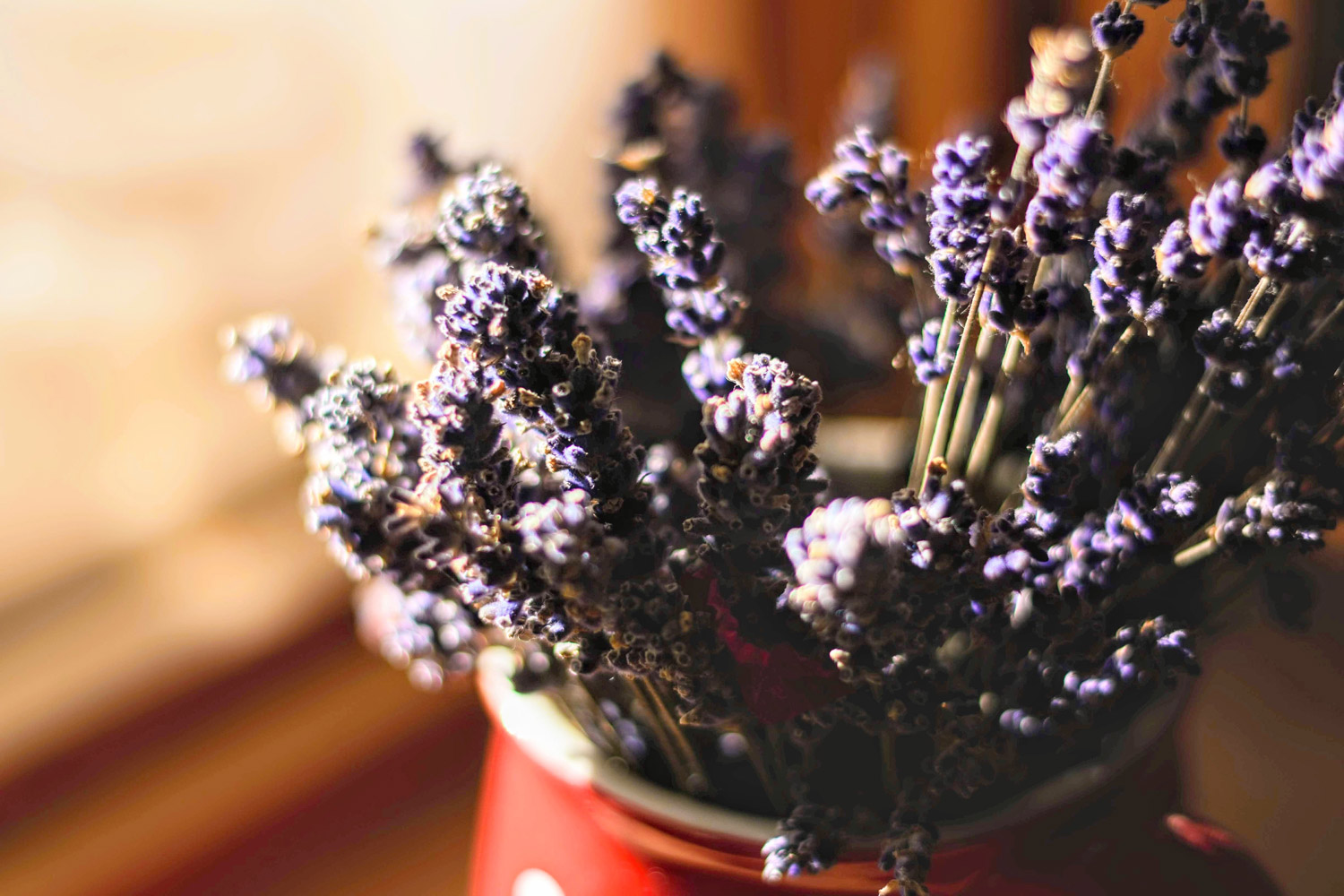
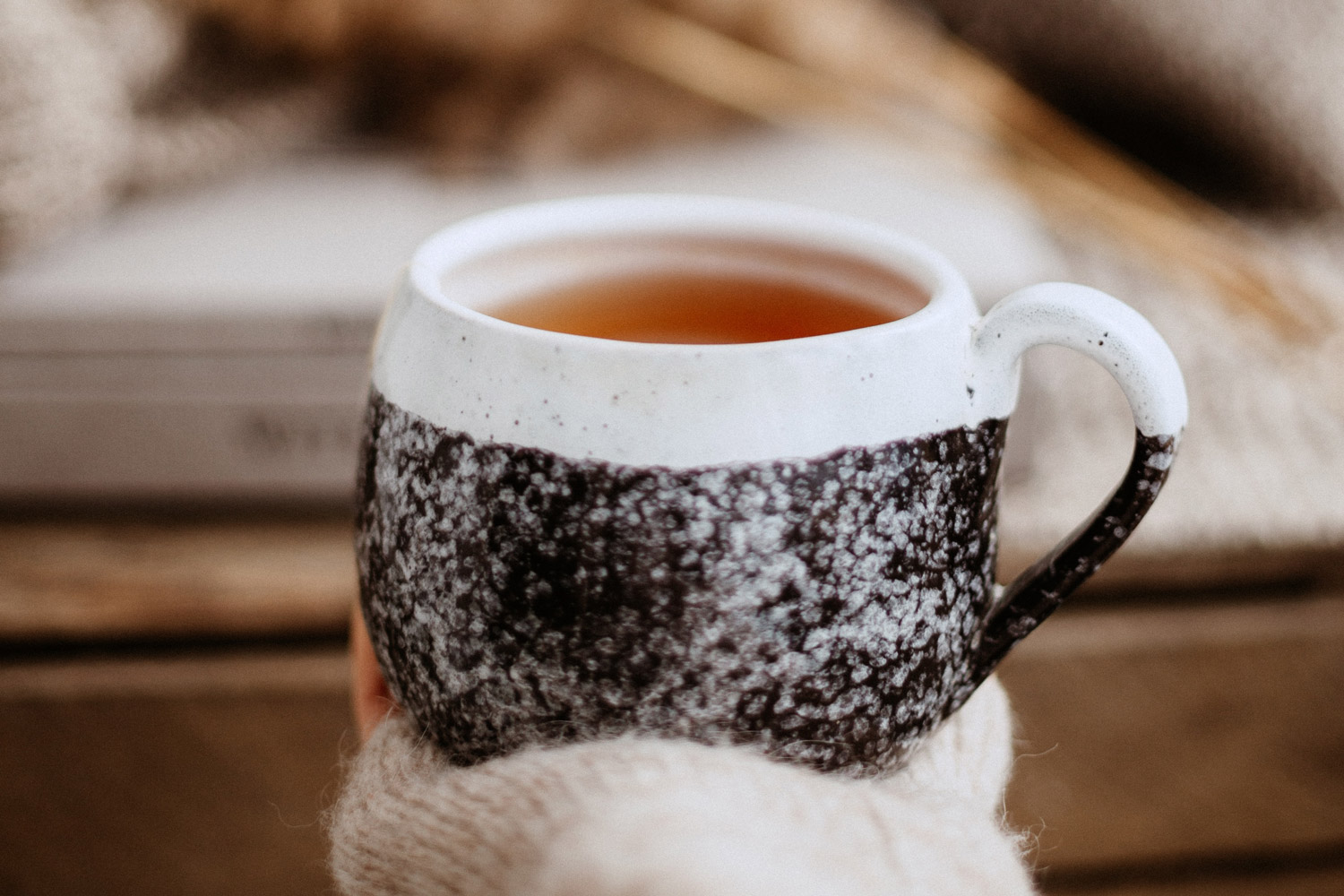
TIPS FOR YOUR BODY:
- Have a nice calming herbal (caffeine-free) tea in the evening. Teas like chamomile, valerian, lavender or lemon balm have calming and relaxing properties.
- Avoid caffeine after 2pm as it is a stimulating substance. Your body needs about 8 hours to eliminate it from your system.
- Avoid alcohol before bedtime. It takes about 1 hour to metabolize one glass of alcohol. If you had two glasses of wine, you have to wait at least 2 hours before going to bed. Otherwise, the alcohol will interfere with the quality of your sleep.
- Stop smoking as it acts as a stimulant and is detrimental to your overall health.
- Do not eat or snack before going to bed. You want to give your body the necessary time to recover, repair and replenish. Do not take away any of this precious time away for digestion. Aim to have your last meal before 7pm and do not eat until breakfast the next day. This will also do wonders for your metabolism, digestion and weight.
- Avoid bright white and blue light in the evening and set up night shift on your phone. Do not use your phone, tablet or computer just before going to bed. Keep them outside of your bedroom on airplane mode.
- Turn off your Wifi at night (buy a timer that switches off the Wifi each night and turns it back on in the morning).
- Do not read the news or scary books at bedtime and do not watch scary or exciting movies before going to bed.
If you struggle with some of the above listed habits, then a therapy with the RTT™ method can be a helpful tool to introduce some new healthy routines, leaving the old ones behind. Book your free discovery call today!
WHAT TO DO WHEN YOU ARE WIDE AWAKE AT NIGHT?
- If you are wide awake, do not stay in bed tossing and turning. Get up and do something calming, such as reading a book (nothing exciting and not on your phone) or listen to calming music. Do this until you feel sleepy and then go to bed again.
- If you are worrying about things, take a journal and write your worries down. Write down action steps you can take to deal with these issues. Plan the steps you want to take the next day. This can help your mind to calm down, creating the belief that you have dealt with the issue at hand and have identified the necessary action steps.
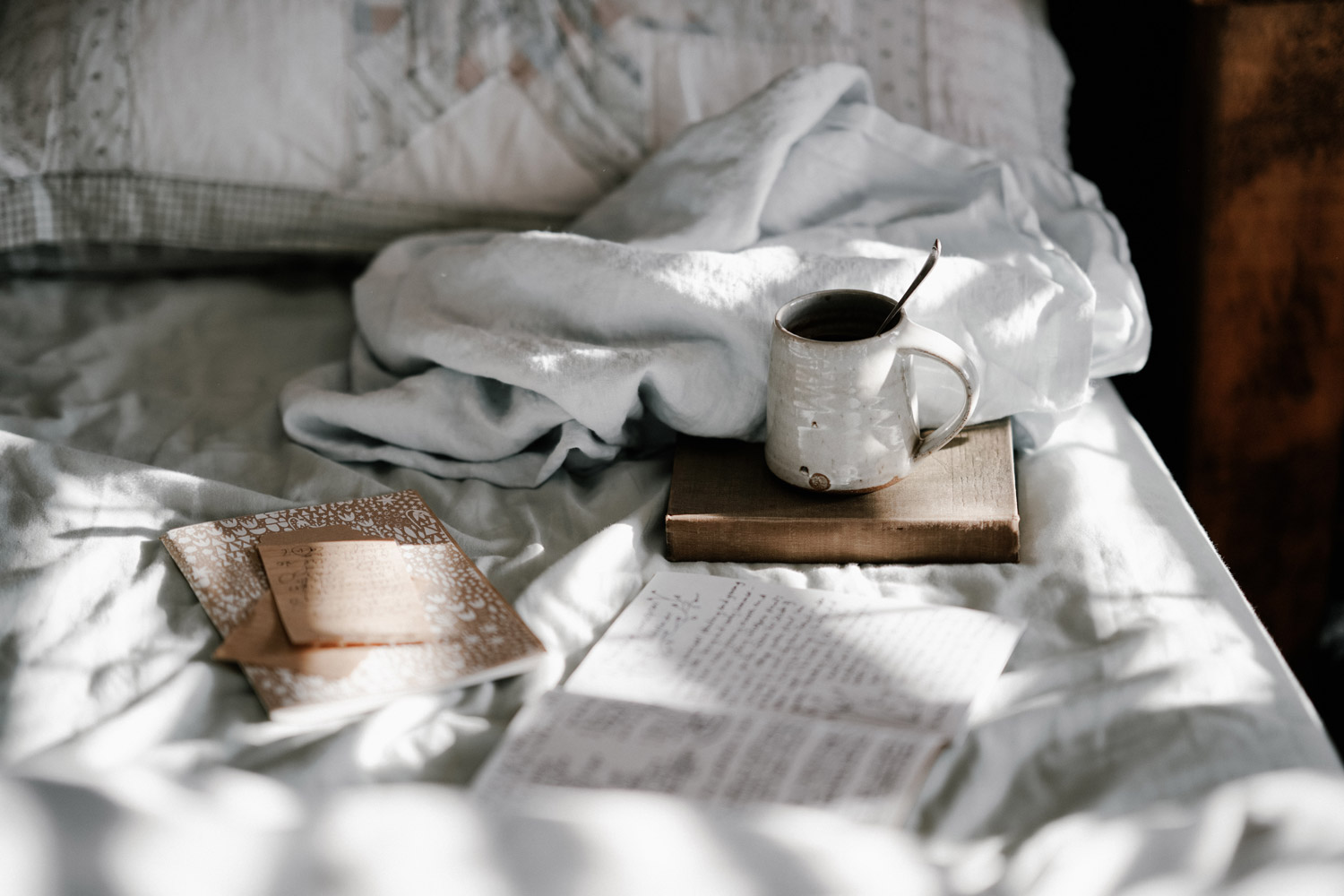
I hope you find this information useful. If you would like to find out more about my therapy or have more questions about insomnia please do not hesitate, just get in touch.